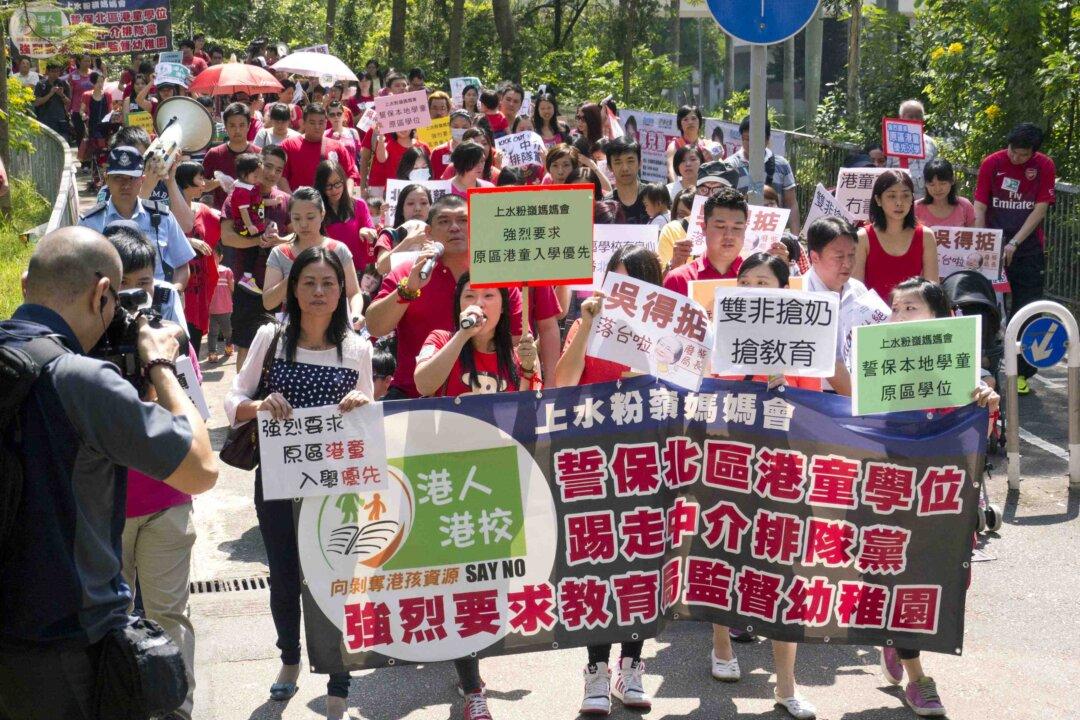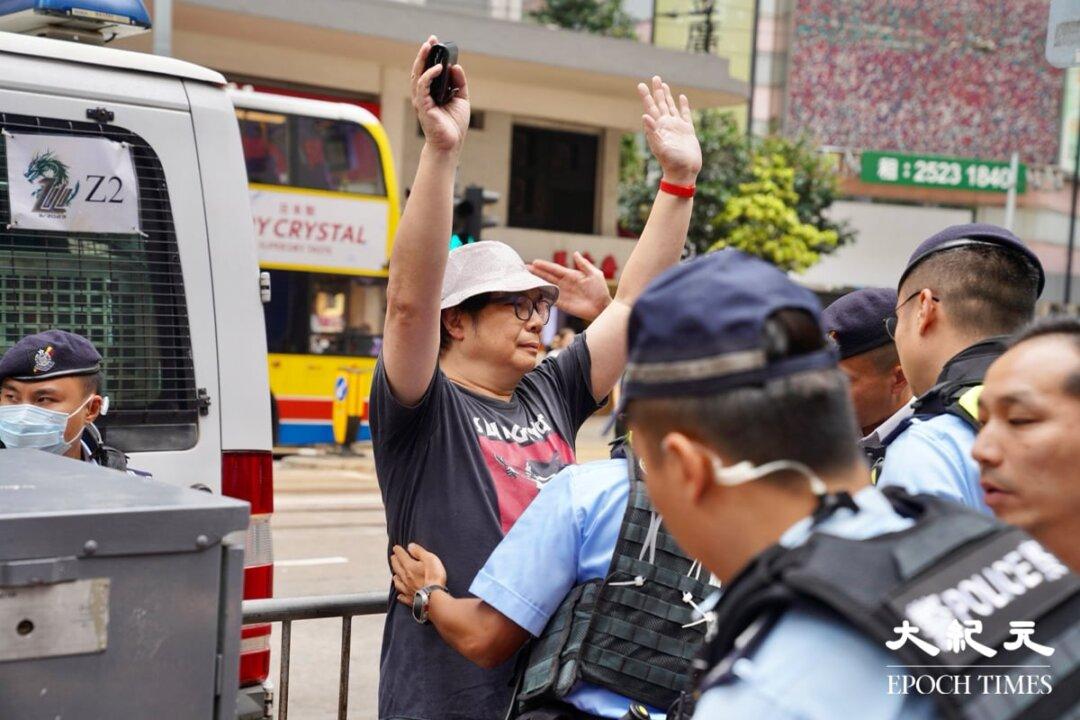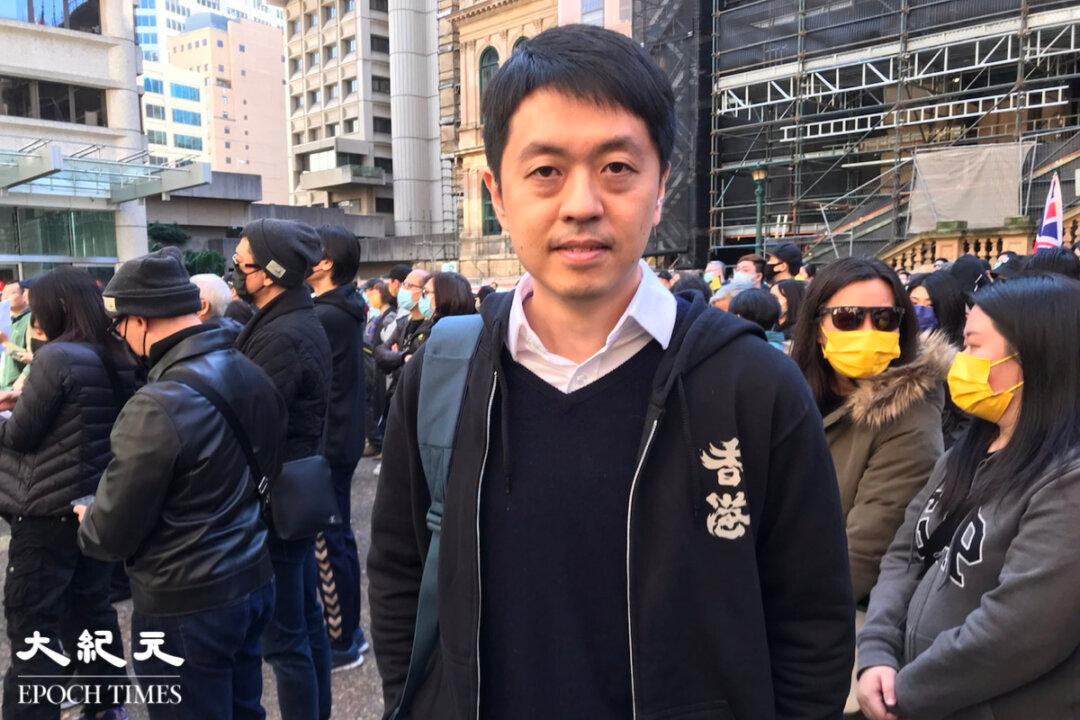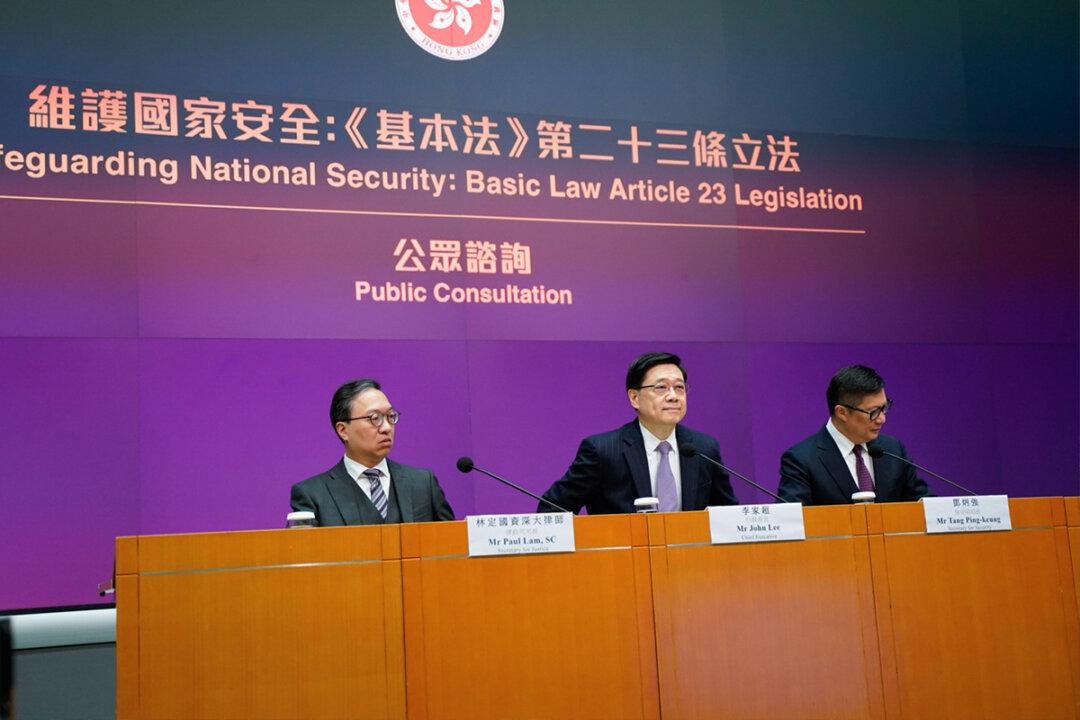A mainland Chinese woman who abandoned her 12-year-old son in the Kwong Wah Hospital on July 21 has attracted widespread media attention. The abandoned boy, Chen Hongru, was born in Hong Kong to parents who were both non-permanent residents.
On July 30, police confirmed that the boy’s mother had arrived back in Hong Kong on July 29. The 37-year-old woman, with the same surname Chen, was arrested and charged with suspicion of “ill-treatment or neglect by those in charge of a child or young person.” The case was heard in Kowloon City Magistrates’ Court on July 31. After the hearing, Ms. Chen was released on bail with the condition that she reports to the police each week and does not leave Hong Kong until the full hearing on Sept. 11.




